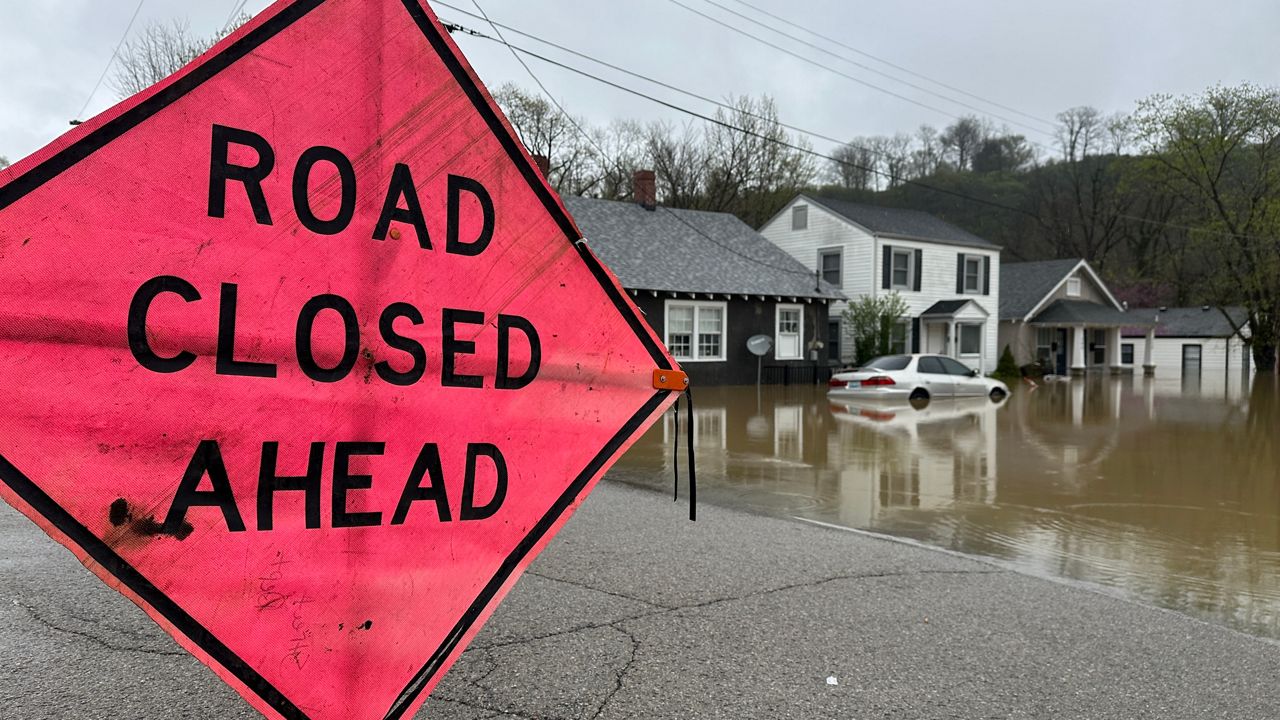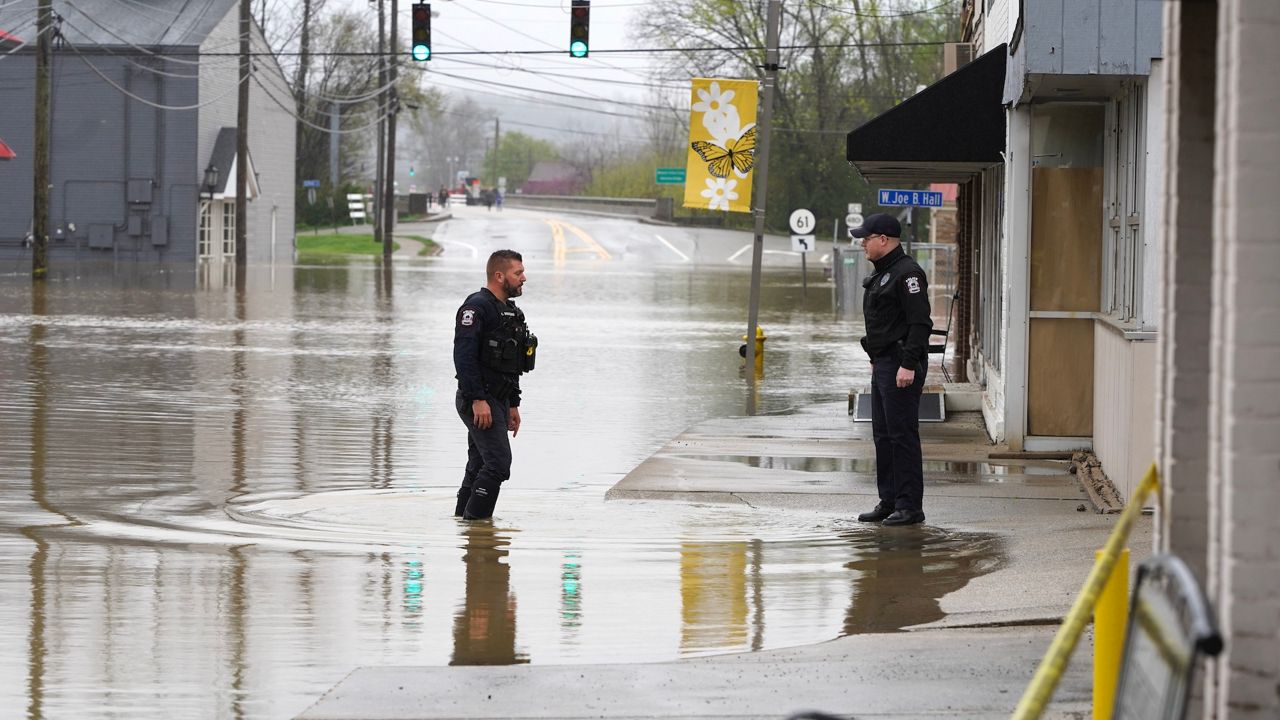LOUISVILLE, Ky. — Two new studies out of Israel spell promising news in the fight against the COVID-19 pandemic. It suggests the Pfizer vaccine not only protects you from catching the virus, but it also limits the ability to transmit it to others.
What You Need To Know
- A pair of Israeli studies show some promising news in the fight against COVID-19
- The studies suggest the Pfizer vaccine protects not only the person vaccinated, but also prevents transmission from a vaccinated person
- Both studies are awaiting confirmation and peer review
- CDC has started to cite some of this data, which could spell guidance changes sometime in the near future
Dr. Jon Klein, Vice Dean for Research at UofL School of Medicine, said this information is exciting.
“When we do a clinical trial, a test of the vaccine like Pfizer or Moderna, we don’t know for sure that in the real world it’s going to behave the same way,” Klein said. "We've been wondering for months, can the vaccine decrease the transmission? We know it decreases symptoms, but can it block us just carrying it around without symptoms?"
Both studies still need confirmation and peer review. It is the first real-world study to suggests the vaccine may stop the spread of COVID-19 and not just prevent people who have had the shot from getting ill. The study followed nurses who were tested regularly both before and after getting the Pfizer vaccine.
"There was no sort of prejudice where people would feel bad and then get tested. This was just a routine protocol of testing people. What they found is that the carrying of the virus in the nasal passage dropped substantially once the nurses got the Pfizer vaccine,” Klein said.
The study showed an 85% reduction in symptomatic COVID-19 within 15 to 28 days, with an overall reduction of infections, including asymptomatic spread, of 75%.
What this suggests is that inoculation not only provides protection for the person who was vaccinated, but also for everyone around that individual.
The CDC has started to cite some of this data, which could spell guidance changes sometime in the near future.
“I think the CDC is beginning to get confidence, they haven’t said it in a public guidance yet, that vaccines substantially markedly decrease transmission, but they are coming around to it because the data is there,” Klein said.
The next step, Klein said, is to see if other studies draw the same conclusion. If so, this could spell promising news for the fight against COVID-19 as more Kentuckians get their shot of hope.










